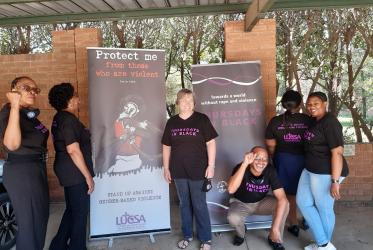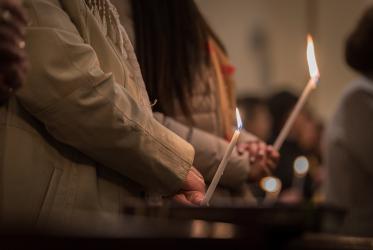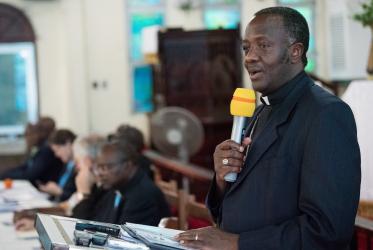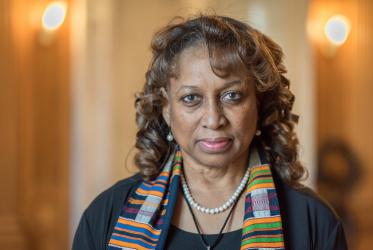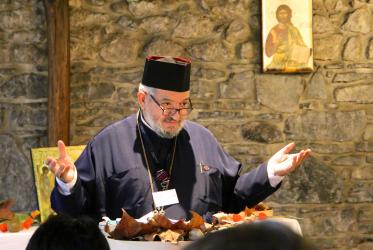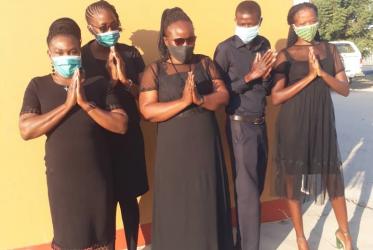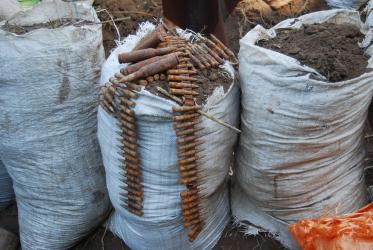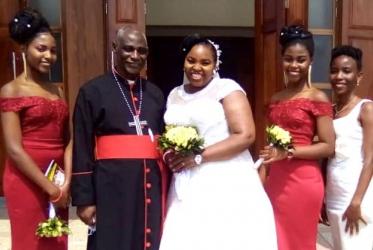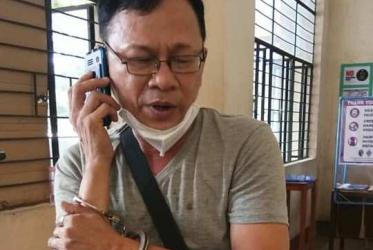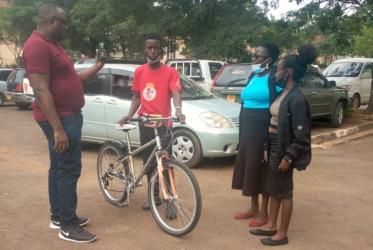Displaying 161 - 180 of 554
23 October 2020
WCC mourns passing of Hendrew Lusey-Gekawaku
23 October 2020
WCC condemns violence in Nigeria
22 October 2020
WCC appeals to UN: human rights must be upheld in Cameroon
09 September 2020
Thursdays in Black is growing in Namibia
20 August 2020
WCC calls for end to violence in South Sudan
07 August 2020
In Uganda, resilience and hope overshadow stigma
31 July 2020

